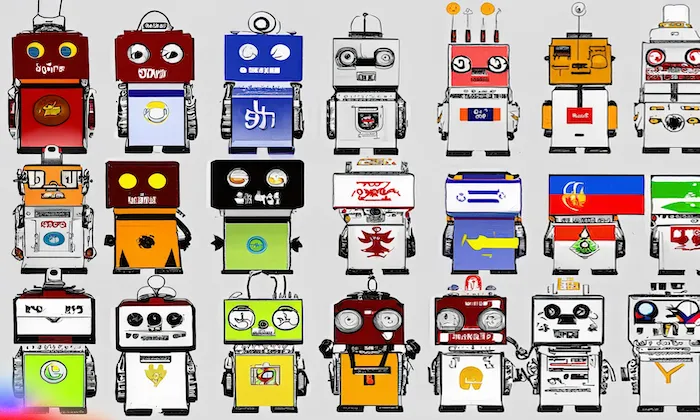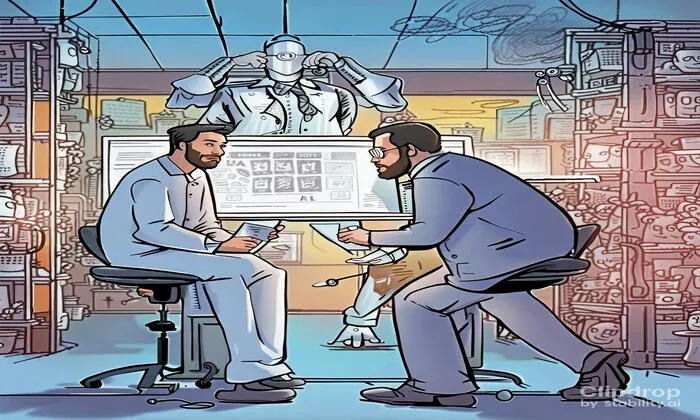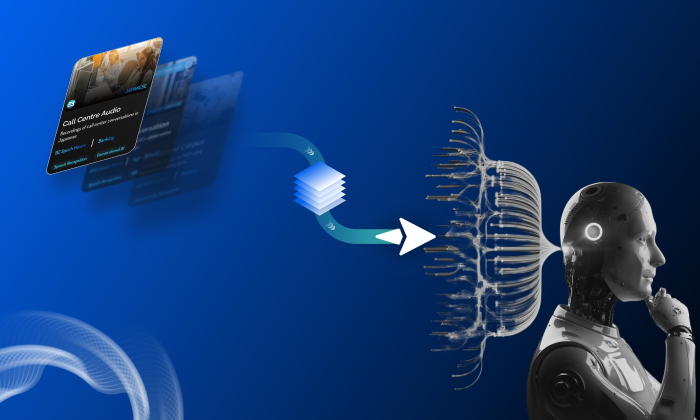How is doctor dictation data different from patient–doctor conversational datasets?
Data Analysis
Healthcare
Speech AI
Doctor dictation data focuses on clinicians verbally composing structured clinical notes, typically in a monologue format. This data is characterized by its dense use of medical terminology and a focus on producing accurate clinical documentation. Unlike patient-doctor conversations, dictation sessions are single-speaker and designed for efficiency and precision in capturing medical information, which is crucial for applications like medical automated speech recognition (ASR) and electronic medical record (EMR) automation.
Critical Differences between Doctor Dictation and Patient-Doctor Conversations
- Speaker Dynamics and Structure
- Doctor Dictation: A monologue by the clinician, focusing on structured sections such as the history of present illness (HPI) and assessment. This format supports structured clinical documentation.
- Patient-Doctor Conversations: These involve two-way dialogues, capturing interactive dialogues with turn-taking and emotional nuances, which are essential for developing responsive conversational AI systems.
- Language and Terminology Use
- Doctor Dictation: High terminology density with specialized medical jargon and a structured template, crucial for clinical documentation and automated processing tasks.
- Patient-Doctor Conversations: Broader vocabulary encompassing everyday language, making it suitable for natural language processing applications that require understanding diverse human speech patterns.
- Purpose and Applications
- Doctor Dictation: Primarily used to generate clinical notes for systems like clinical decision support and EMR automation, benefiting from the data's structured nature.
- Patient-Doctor Conversations: Useful for training interactive dialogue systems and enhancing patient engagement tools, where understanding and responding to patient needs is key.
Real-World Implications for AI Development
The distinctions between these datasets are pivotal for AI engineers and product managers. For instance, a model trained on doctor dictation data excels in handling structured clinical documentation but may struggle with the variability of natural dialogues. Conversely, models trained on conversational data are better suited for interactive dialogue systems but might lack the specificity required for clinical tasks.
Avoiding Common Missteps in Data Usage
Misapplying one dataset type for the other's use cases can lead to inefficiencies. For example, using doctor dictation models for conversational tasks may result in unnatural interactions, while applying conversational models to dictation tasks could result in inaccuracies in terminology and structure.
Enhancing AI Solutions with Targeted Data Use
Understanding and leveraging the strengths of each dataset type can significantly enhance AI applications in healthcare. By aligning the dataset with the intended application, organizations can develop more effective and responsive AI systems. FutureBeeAI, with its expertise in collecting and annotating medical speech data, offers structured, terminology-rich doctor dictation datasets that power medical ASR and EMR automation with high accuracy.
Doctor dictation data is essential for advancing medical AI solutions, enabling more accurate transcription and automation of clinical documentation. By leveraging targeted datasets for specific applications, organizations can optimize AI performance in healthcare, enhancing both operational efficiency and patient care.
FAQs
Q: What makes doctor dictation data unique compared to conversational data?
A: Doctor dictation data is structured, with a focus on precise medical terminology designed to produce clinical notes. In contrast, conversational data captures the natural flow of interactions, useful for dialogue systems.
Q: How can FutureBeeAI enhance AI model development with these datasets?
A: FutureBeeAI provides high-quality, compliant doctor dictation datasets that improve model accuracy in medical ASR and EMR automation, ensuring robust and reliable AI solutions tailored to healthcare needs.
What Else Do People Ask?
Related AI Articles
Browse Matching Datasets
Acquiring high-quality AI datasets has never been easier!!!
Get in touch with our AI data expert now!








